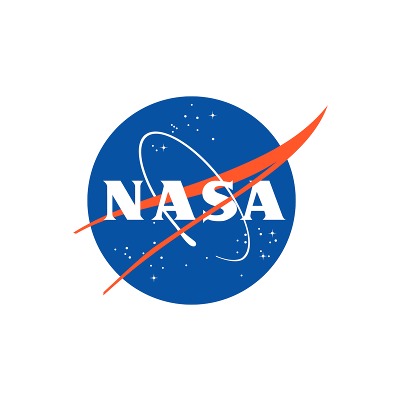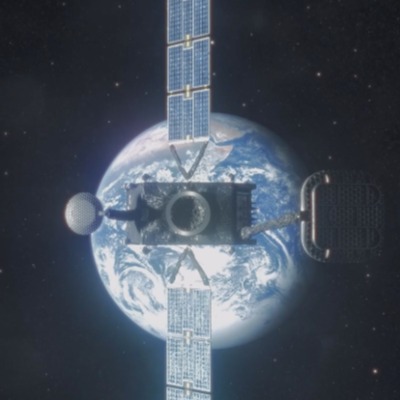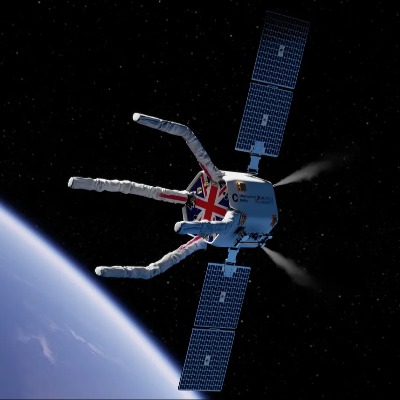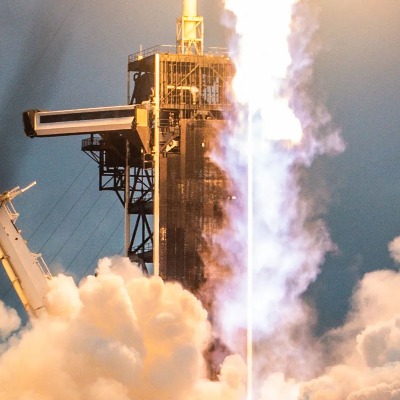Electron Takes Aim At Space Junk: Rocket Lab Launches Debris Removal Mission
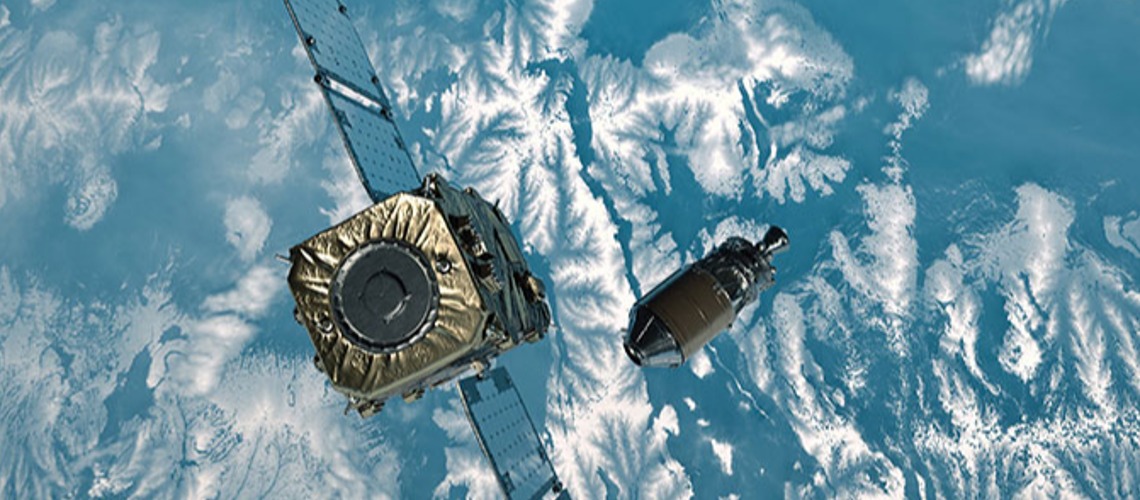
In a critical step towards a cleaner cosmos, a Rocket Lab Electron rocket roared to life early this morning, carrying a pioneering satellite on a mission to tackle the growing problem of space debris. Liftoff occurred at 3:52 AM local time (18:52 UTC on February 17th) from Launch Complex 1 on New Zealand's Mahia Peninsula.
The payload, named ADRAS-J (Active Debris Removal by Astroscale-Japan), was developed by Astroscale, a leader in space debris removal technology. This crucial mission, dubbed "On Closer Inspection," marks the first phase of a program aimed at demonstrating technologies for rendezvousing with and inspecting defunct satellites and rocket bodies, the primary contributors to the ever-growing graveyard of objects orbiting Earth.
"This launch is a significant milestone in the fight against space debris," said Peter Beck, Founder and CEO of Rocket Lab. "We're proud to play a role in enabling Astroscale's innovative mission and contributing to a more sustainable future for space."
As the Electron rocket soared skyward, cheers erupted from mission control as the first stage successfully separated and began its descent back to Earth, aiming for a parachute-assisted splashdown and recovery in the Pacific Ocean, a key part of Rocket Lab's reusability efforts.
Meanwhile, the second stage, carrying the precious ADRAS-J satellite, continued its ascent to its designated orbit. Following deployment, the satellite will initiate a series of maneuvers to approach a target piece of debris, a spent rocket body from Japan's H-II Transfer Vehicle launched in 2009.
Equipped with advanced sensors and imaging systems, ADRAS-J will closely examine the debris object, gathering valuable data on its size, shape, and composition. This information will be essential for developing strategies for safely removing such objects from orbit in the future.
"The successful launch of ADRAS-J represents a critical step forward in our mission to ensure the sustainable use of space for future generations," said Nobu Okada, CEO of Astroscale. "We are grateful to Rocket Lab for their partnership and expertise in making this mission possible."
The growing threat of space debris poses a significant risk to active satellites and future space exploration endeavors. With thousands of defunct objects already in orbit, collisions could trigger cascading events, creating even more debris and jeopardizing critical infrastructure. Missions like "On Closer Inspection" pave the way for solutions to this pressing challenge, ensuring a cleaner and safer space environment for all.
The success of this launch marks a pivotal moment in the fight against space debris. As ADRAS-J embarks on its mission of inspection and data collection, the world watches with hope, knowing that every step taken today brings us closer to a more sustainable future for space exploration.

